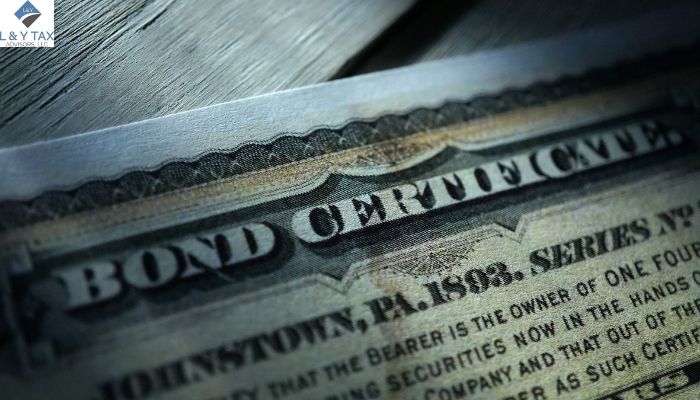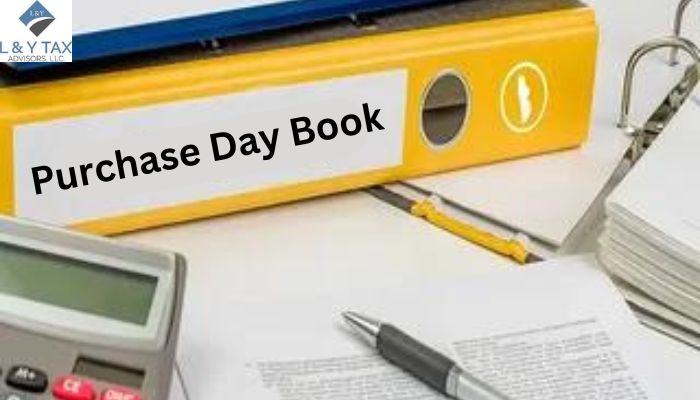
How Do I Avoid Taxes When Cashing in Savings Bonds?
When searching for a reliable and secure method of saving money, you may have traditionally turned to savings bonds as an investment alternative. However, the tax ramifications of cashing in these bonds are a frequent worry. This fret has made many wonder, ‘How do I avoid taxes when cashing in savings bonds?’.
Our taxation experts offer some options for reducing or (maybe) completely evading taxes on savings bond redemptions.
Tax Repercussions on Saving Bonds
The taxation of savings bonds must be understood before implementing solutions to the question, ‘How do I avoid taxes when cashing in savings bonds?’
State or local income taxes are often not applicable to interest collected on savings bonds—only federal income tax is. However, certain situations and exclusions must be considered.
Contact our commercial property tax experts here.
Federal Income Tax
Federal income tax is applied to interest received on savings bonds.
State and Local Taxes
Interest on savings bonds is not subject to state or local income taxes. However, certain places have different laws. Therefore, it is vital to confirm what your state allows.
Exemption for Educational Expenses
You can deduct the interest from your income if you satisfy specific requirements. However, it would help if you utilized savings bonds to cover eligible educational expenditures.
Time Is Everything!
Timing when to cash in your savings bonds is an excellent way to reduce your tax liability. This is how it operates:
Hold Until Maturity
Savings bonds usually mature at their total face value after accruing interest. By holding onto them until they mature, you can postpone paying taxes on the interest you receive on your bonds.
Tax-Deferred Growth
Savings bonds cashed in before they mature can be subject to interest taxes. Waiting until the bonds mature allows you to postpone paying taxes and move into a lower tax band later.
Disperse the Redemptions
To answer the question, ‘How do I avoid taxes when cashing in savings bonds?’, an additional strategy is to extend the period during which you redeem your savings bonds.
Any given year’s tax effect can be reduced using this method. It functions as follows:
Partial Redemptions
Redeeming your savings bonds gradually over several years is better than cashing them all in at once. Spacing out the redemptions can reduce your yearly reported amount of taxable interest.
Tax Scheduling
Carefully choose when to redeem based on your account tax status and income level. Cashing in certain bonds during a year when you anticipate having a lower tax rate might be advantageous.
Make Use of Education Savings Bonds
A tax benefit is available to investors who save for eligible education expenditures using Series EE and I bonds. How to make the most of this is as follows:
Education Savings Bond Program
If you, your spouse, or a dependent utilize the interest income from Series EE and I bonds to cover eligible educational costs, it may be tax-free.
Qualifying Expenses
Tuition and fees for your spouse or dependent are considered qualified education costs at approved schools. Ineligible costs do not include lodging and board.
Get in touch with our city property tax resources here.
The Bottom Line
Savings bond conversions can be wise financial decisions. However, you must know the tax ramifications to learn ‘How do I avoid taxes when cashing in savings bonds?’. You can reduce or avoid paying taxes when cash in your bonds by spreading your redemptions over several years, timing them carefully, and utilizing education savings bond schemes. To be sure you’re making the most significant choices for your unique situation, always get advice from our tax experts.


